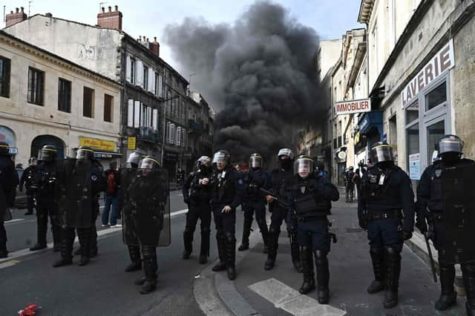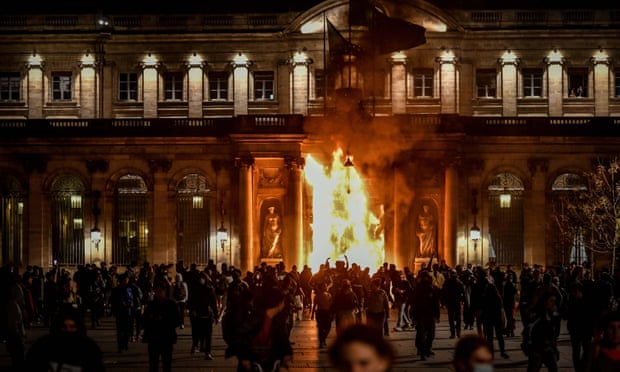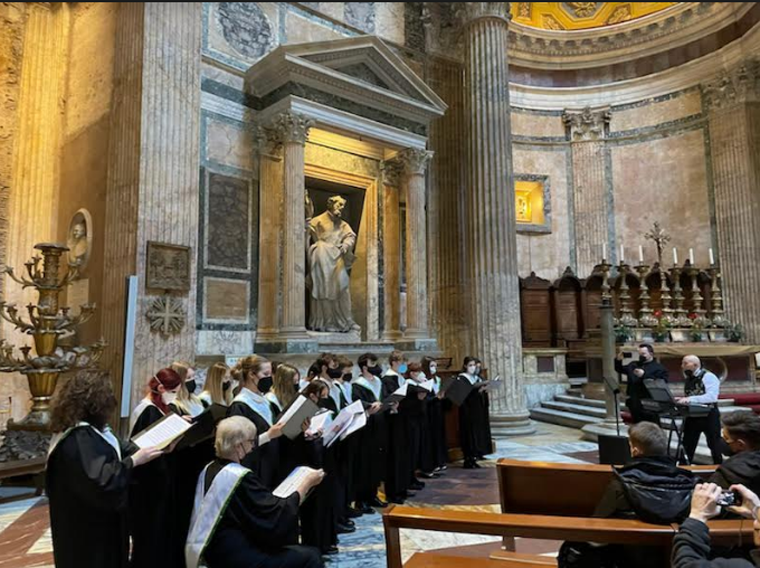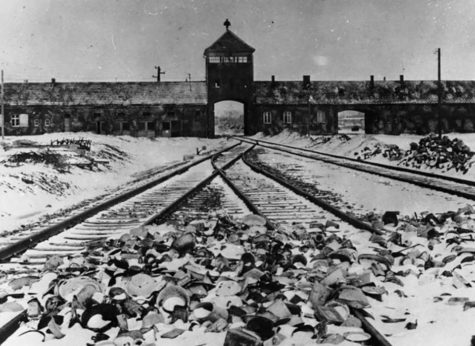Bordeaux City Hall Ablaze as French Pension Protests Escalate
April 3, 2023
Riot police continue to clash with protesters in Paris over French President Emmanuel Macron’s proposed pension reforms, as protesters set the Bordeaux City Hall ablaze on Thursday the 23rd. Authorities claim 1.1 million were present in the protests across the country, while union leaders claim the number to be much higher, at 3.5 million. The demonstration is the latest in a series of protests that have been taking place across the country since December. The issue has become a focal point of anger and frustration over Macron’s broader economic agenda, which has included tax cuts for the wealthy and reforms to France’s labor laws.
The French pension reform pushed through by President Macron, without the votes of parliament, aims to simplify and unify the country’s complex pension system, which is currently made up of over 40 different schemes with varying rules and benefits. The proposed reform would create a universal system that would apply to all workers, regardless of their profession or industry. Under the new system, workers would gain points based on their earnings and contributions throughout their working lives. The total number of points accumulated would determine the number of pension benefits a worker would receive upon retirement. The system would also do away with the “special regimes” that grant certain workers, such as train drivers and air traffic controllers, the right to retire earlier than others.
The proposed reforms would also raise the retirement age from 62 to 64 by 2027. This has been one of the most controversial aspects of the reform, with many people arguing that it would be unfair to workers who have already planned their retirement based on the current age limit.

Unions have been leading the protests against the reform, but the movement has also drawn in students, retirees, and others who are concerned about the impact the reforms could have on their futures. The protests have been largely peaceful, but there have been isolated incidents of violence, including clashes between police and demonstrators involving tear gas and other utilities.
The government has argued that the reforms are necessary to ensure the long-term viability of France’s pension system, which is facing a growing deficit due to an aging population and a sluggish economy. Critics say that the changes would unfairly burden workers and do little to address the underlying problems with the system.
The pension debate in France has drawn comparisons to the ongoing debate in the United States over Social Security, the government-run retirement program. In the United States, the minimum retirement age is 62, with full retirement at 67. While the two systems are quite different, both face similar challenges, such as the growing population of retirees and the looming threat of bankruptcy. The protests in France serve as a reminder of the difficult choices that governments around the world will have to make in the coming years as they grapple with the changing nature of work and retirement.



![College of Community and Public Affairs graduates cheering during the CCPA Commencement Ceremony. [Via Daily Photos at binghamton.edu]](https://sccvoice.org/wp-content/uploads/2023/05/Screenshot-2023-05-16-10.50.55-PM.png)









































![College of Community and Public Affairs graduates cheering during the CCPA Commencement Ceremony. [Via Daily Photos at binghamton.edu]](https://sccvoice.org/wp-content/uploads/2023/05/Screenshot-2023-05-16-10.50.55-PM-475x315.png)




